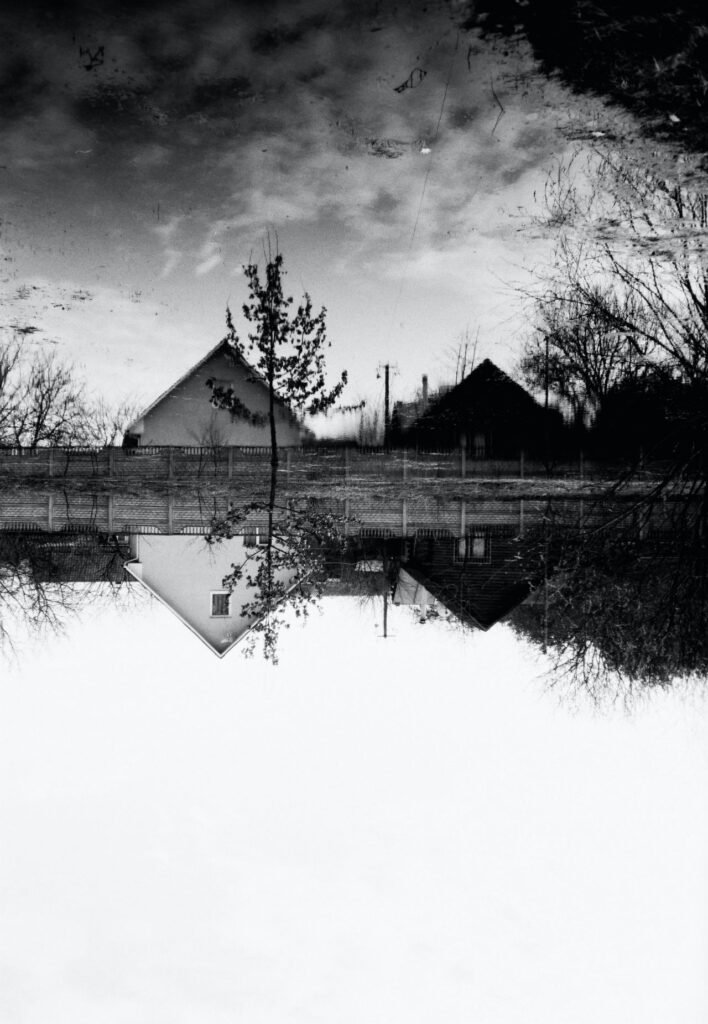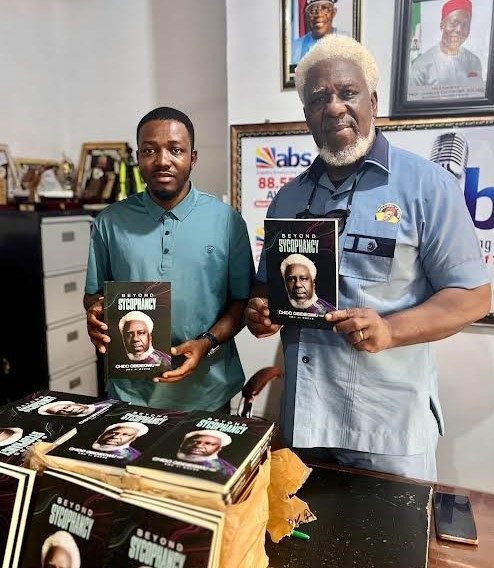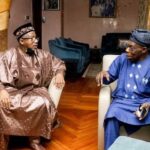Thirty-nine years ago, in 1986, he became the first African to clinch the Nobel Prize in Literature.Today, Sunday, July 13,2025, cements his membership of the elite nonagenerian club as it marks his 91st birthday.Not given to excessive egotism and ostentatious living, the drums will likely remain silent while the lion that is Wole Soyinka will continue to roam and now slightly brushed aside by age will occasionally roar.
“If the spirit of African democracy has a voice and a face,they belong to Wole Soyinka ” contended Henry Louis Gates,Jr,a distinguished professor at Harvard University who graduated from Yale University and worked on his PhD in English Literature with Soyinka at Cambridge University.
To the recently departed Kenyan writer Prof Ngugi wa Thiong’o
to celebrate Soyinka is to celebrate an extraordinary journey of a remarkable man of letters,action and conscience.He is the Byronic hero,or even better, a renaissance figure,dashing, defiant and daring. The great Ngugi wa Thiong’o further noted that Soyinka’s writings ‐plays,poems,memoirs,and novels-carry one common banner: the man dies in him who keeps silent in the face of tyranny. As a writer and public intellectual who has voiced his concerns over major happenings in the different parts of the continent over the last fifty years and more, he has become the moral and democratic conscience of Africa.
Multiple award winning writer Ogochukwu Promise reminisced that Soyinka was born on July 13,1934 in Ake in Ogun State, Nigeria, the second of six children to a headmaster of an Anglican primary school, Samuel Ayodele Soyinka and a mother trader and shop owner,Grace Eniola Soyinka,Wole Soyinka’s parents were respectively nick-named,”Essay” and “Wild Christian” by their children. His mother was from a distinguished “resistance” family of the Ransome-Kutis to which the Afro-beat musician,the late Fela Kuti and Human Rights campaigner, Beko Ransome-Kuti ( Soyinka’s cousins) belonged; a family well- known for opposing both colonial and dictatorial governments from the 1930s.
Soyinka attended the St. Peter’s Primary School of his father’s in Abeokuta from 1940 and as a ten year old in 1943 acted “The Magician” in the school’s operetta.He continued at Abeokuta Grammar School where he was a prodigious collector of literary prizes.Young Soyinka ended up at the elite colonial Government College in Ibadan and enrolled at the University at the University College of Ibadan, then affiliated to the University of London from 1952-54.He however, continued and completed at the University of Leeds studying English Literature (between 1954-57) under the influence of one of the masters of the time,Wilson Knight.
By the time he won the Nobel Prize in Literature in 1986 and became the first African to do so,he was already a master playwright,director, poet,novelist, and distinguished university professor.
Follow us on all social media platforms @dailyquery for news and analyses around the globe.



























